Wealthy Chinese spur medical tourism
Updated: 2011-11-07 07:02
By Shan Juan (China Daily)
|
|||||||||||
BEIJING - Healthcare services overseas are attracting increasing numbers of Chinese customers who are willing to pay top dollar for quality and privacy, according to industry insiders.
The trend, however, is different in China than in the United States.
Chinese customers who seek medical services abroad tend to be very wealthy and demand quality service and care, Renee Marie Stephano, president of the US-based Medical Tourism Association, said.
As China's healthcare is among the cheapest in the world, medical tourists from China generally value quality and privacy most, she said.
"China's booming economy has churned out huge numbers of wealthy people who can help further drive the business," she said.
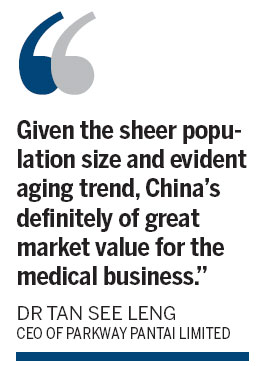
The most popular destinations for Chinese medical tourists are countries and regions like Japan, South Korea, Singapore, the US and Hong Kong, all of them prime destinations in their own right, said Xu Shuo, secretary-general of the Beijing Medical Doctor Association.
Nearly 60,000 Chinese people go abroad annually for healthcare services, especially for anti-aging therapy, cancer screening, to give birth and to get treatment for chronic diseases, said Yang Jian, CEO of the Shanghai Medical Tourism Products and Promotion Platform.
The figure was just several thousand five years ago, he said.
Recognizing the market potential, a number of practitioners abroad are moving to attract more patients from the mainland.
"Given the sheer population size and evident aging trend, China's definitely of great market value for the medical business," said Dr Tan See Leng, chief executive officer of Parkway Pantai Limited, a private healthcare provider in Singapore, at the topping-up ceremony of the Parkway Novena hospital last month.
Located in Singapore, the luxurious hospital will specialize in cardiac, neurosciences and general surgery. It is set to open next year and will cater for both Singaporeans and foreigners.
VIP suites in some privately run Singapore hospitals can cost, on average, 20,000 yuan ($3,150) per night.
Many of these hospitals have staff members who speak Chinese and can help patients with visa applications and travel arrangements, Tan said. They also have global assistance centers, including two in Shanghai and Shenzhen, to help potential patients.
Hu Bo, chairman of the Ciming Checkup Group, told China Daily that more than 1,000 customers, mainly from Beijing, Shanghai and Guangzhou, went abroad annually for healthcare through their organization. The figure was just over 100 in 2008.
"And demand keeps rising particularly among the wealthy and those who value privacy," he said.
Ciming has developed more than 50 medical institutions in countries and regions like Japan, Switzerland, Singapore, the US, South Korea, Taiwan and Hong Kong, as partners for medical tourism.
The most popular procedures include sheep placenta anti-aging therapy, high-end medical checkups, chronic disease care and treatment, according to Hu. More and more expectant mothers are availing of their services.
"It's mainly health preservation programs coupled with sightseeing for Chinese customers," he said.
In the future, outbound medical tourism would be more focused on medical treatment, he expected.
Language barriers and a lack of private insurance programs remain major obstacles for nouveau riche Chinese to go abroad for purely medical procedures, like surgery, he said.
Cost can also be a concern, he said.
Usually a 7-day package, including health services, hotel and food, air tickets, and sightseeing, costs, on average, 600,000 yuan for the most popular Swiss anti-aging therapy, which attracts half of their customers, according to Hu.
Realizing the huge market potential, some like South Korea and the US have set up special Chinese-speaking medical units to receive Chinese patients exclusively, he said.
- Wen in S. Petersburg for SCO meeting
- Debt crisis of E China SMEs eased
- Home price-cuts get steeper in China
- Rail ministry pledges to pay off debt
- Hu's speech at G20 draws positive int'l comments
- RMB rise considered 'reasonable'
- Jobs' love letter inspires creativity
- Mars mission 'lands' back on Earth
Hot Topics
Libya conflict, Gaddafi, Oil spill, Palace Museum scandal, Inflation, Japan's new PM, Trapped miners, Mooncake tax, Weekly photos, Hurricane Irene
Editor's Picks
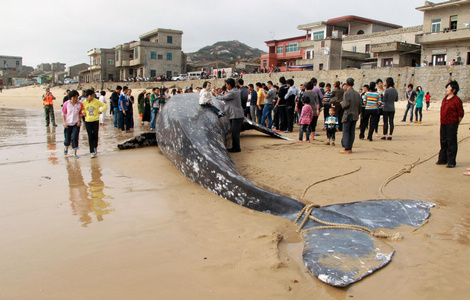
|
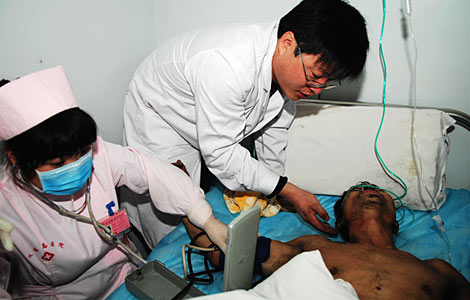
|
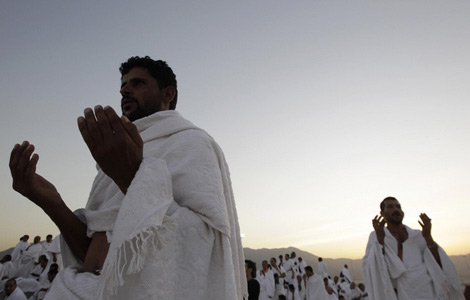
|

|
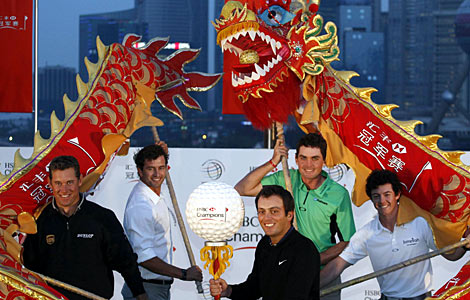
|
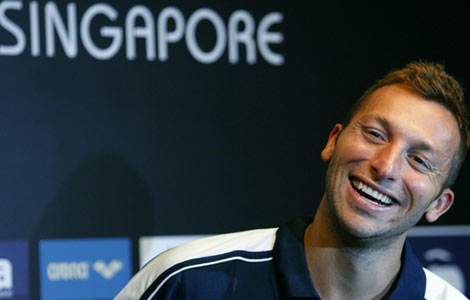
|







